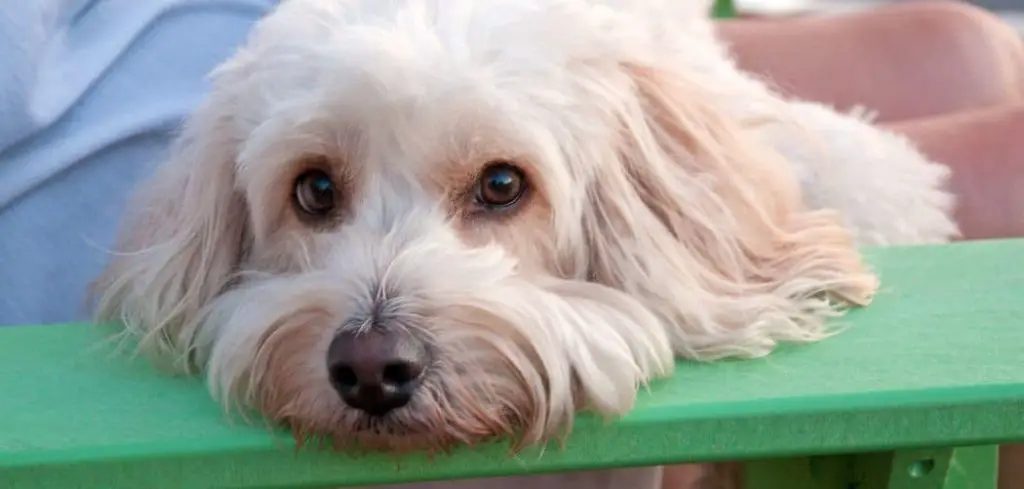If your dog is panting after abdominal surgery, it can be alarming—especially if you’re unsure whether the panting is normal or a sign of pain or complications.
While some post-operative panting is expected, excessive or prolonged panting could signal a problem.
We outline the common causes of panting after abdominal surgery in dogs, what you can do at home, and when to seek veterinary help.
Table of Contents
Dog Panting After Abdominal Surgery — Why It Happens
Panting is a normal canine behavior, but after abdominal surgery, it can reflect discomfort, stress, or even complications. Dogs may pant due to anesthesia recovery, post-surgical pain, inflammation, or anxiety.
However, when accompanied by other symptoms—like restlessness, a swollen belly, or pale gums—it might signal a more serious issue.

Common Causes of Dog Panting After Abdominal Surgery
Post-Operative Pain
Pain is a major reason dogs pant after surgery.
Even with pain medications, your dog may still feel sore, especially during movement. You might notice your dog panting when they shift positions or attempt to lie down.
If your dog’s panting persists or they seem unable to rest comfortably, talk to your vet about adjusting their pain management plan.
Anesthesia Recovery
Panting can result from lingering effects of anesthesia.
Anesthetic drugs can cause disorientation, nausea, and a temporary inability to regulate body temperature. Your dog might pant for a day or two as their body metabolizes the anesthesia.
Keep your dog in a calm, cool environment during recovery, and monitor their breathing over the next 24–48 hours.
Related: Dog panting excessively (Causes and What To Do)
Stress or Anxiety
Surgery and the subsequent healing period can be stressful for your dog.
Separation from their usual routine, being confined, or wearing an e-collar (cone) can all contribute to anxiety-related panting. Your dog may also pant more when they’re worried or disoriented.
Offer comfort, a quiet space, and avoid overstimulation during this sensitive period.
Fever or Infection
Increased panting could signal a developing infection.
Check your dog’s surgical incision site for redness, swelling, warmth, or discharge. Fever can cause dogs to pant as their body attempts to regulate temperature.
If the panting is accompanied by lethargy, poor appetite, or foul-smelling discharge, contact your vet promptly.
Internal Bleeding
Although rare, internal bleeding is a serious post-surgical complication.
Dogs with internal bleeding may pant excessively, appear weak, have pale gums, or develop a swollen abdomen. This is a veterinary emergency that requires immediate attention.
Call your vet or emergency clinic right away if you suspect this.
Reaction to Medications
Some pain medications or antibiotics may cause panting as a side effect.
This is especially common with opioids like tramadol, which can make dogs restless or mildly disoriented. If your dog is panting heavily or behaving abnormally after a new medication, contact your vet to see if a change is needed.
What to Do If Your Dog Is Panting After Abdominal Surgery
Mild panting can be normal, but it’s important to observe your dog’s behavior closely during recovery.
Monitor incision site daily for signs of infection or swelling.
Take note of other symptoms like lethargy, vomiting, diarrhea, or difficulty standing.
Keep your dog calm and rested in a cool, quiet space.
Ensure medications are given as prescribed, and never skip doses without your vet’s approval.
Contact your vet if your dog seems restless, is panting excessively, or appears to be in pain.
Avoid overhandling your dog or allowing them to climb stairs or jump during the recovery phase, as this could worsen pain or disrupt healing.
When to Call or Visit Your Vet
Some signs indicate your dog needs veterinary care urgently:
Panting combined with a swollen or painful belly
Pale, blue, or gray gums
Excessive bleeding or discharge from the incision site
Inability to settle or sleep due to panting and discomfort
Vomiting, diarrhea, or signs of collapse
These could signal infection, bleeding, or complications that require immediate intervention. Even if you’re unsure, it’s better to check in with your vet than to wait.
Read more: Dog Panting and Shaking After Surgery (When to Worry)
Key Takeaway
Some panting after abdominal surgery is normal, but persistent or heavy panting could be a red flag.
Pain, anxiety, anesthesia effects, or complications like infection or internal bleeding can all lead to panting.
Monitor your dog carefully, follow your vet’s post-operative instructions, and don’t hesitate to reach out if something feels off. Early intervention can help ensure a smooth and safe recovery for your dog.
